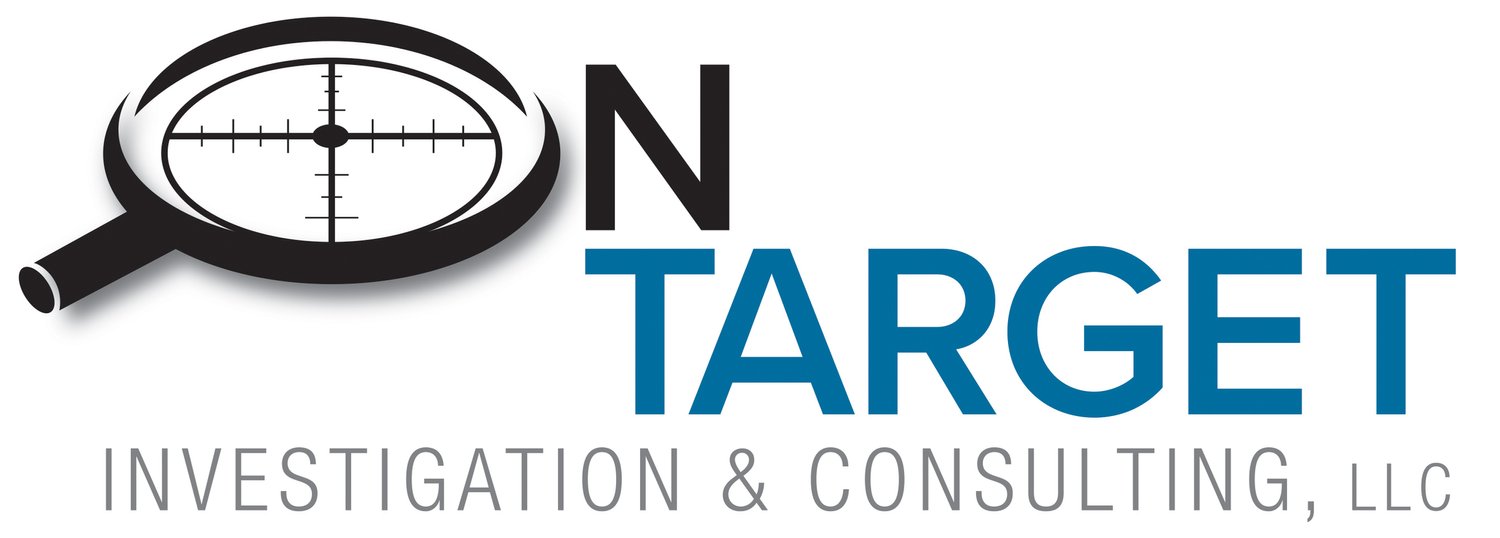Considerations for hiring a security consultant
How can I tell if I am making a good choice when selecting a security consultant?
The choices of security consultants are vast. The quality of those choices lies somewhere between “not so good” to “outstanding.” How do you determine you are making a wise choice and getting your money’s worth from the security consultant you choose to work with? There are several considerations you should take into account when seeking to hire a security consultant. A discussion of those considerations follows.
EXPERIENCE
Does the security consultant you are considering have a record of applicable experience in dealing with situations similar to yours? Research the background of the security consultant to determine the breadth and depth of their experience. You may want to ask for references from previous clients. Can those references provide a favorable recommendation of the consultant’s prior projects? Is the consultant you seek and initially meet with the one who will work with you on your project or will you be handed off to a lower-level employee with less experience in the field?
REASONABLE FEE STRUCTURE
You do not want to be “taken to the cleaners” by your security consulting invoice. On the other hand, the “bargain basement” consultant may not be a good fit also. The old adage, “You get what you pay for,” applies here. A security consultant who charges reasonable fees should meet your requirements.
There are a couple of fee options when working with consultants. These are hourly, flat project fee, or ROI (Return On Investment). Hourly fees are based on time spent on the project. Typical ranges of hourly rates may fall somewhere between $75 and $250. Flat project fees involve one payment for the entire project. These may vary greatly depending on the specific scope and complexity of the project. ROI fees are based on the value of the project and resulting financial savings or creation of increased earnings. These fees tend to be tied to the results of the consultant’s performance on the project. Consultants may require a retainer from clients and invoice services against the retainer. If the retainer is exhausted and the client desires continued engagement of the consultant, an additional retainer may be submitted by the client.
COMMUNICATION
Does the security consultant possess good communication skills? These skills include verbal and written communications. Another very important communication skill is listening. Is the consultant able to listen carefully to the client in order to accurately assess the client’s situation and needs? Frequent verbal communication should occur throughout all stages of the project to reflect understanding of the client needs and to advise the client of progress and actions required to move the project along. Many projects require the production of written reports. Ineffective written communication undermines the effectiveness of the consultant’s efforts and his/her credibility.
CONCLUSION
When you seek the services of a security consultant, try using these considerations to assess your prospective choices. By doing this, you are more likely to choose a consultant who is effective and efficient in addressing your particular situation and producing desirable results for your organization.
CONTACT US today to address your security consulting needs!

